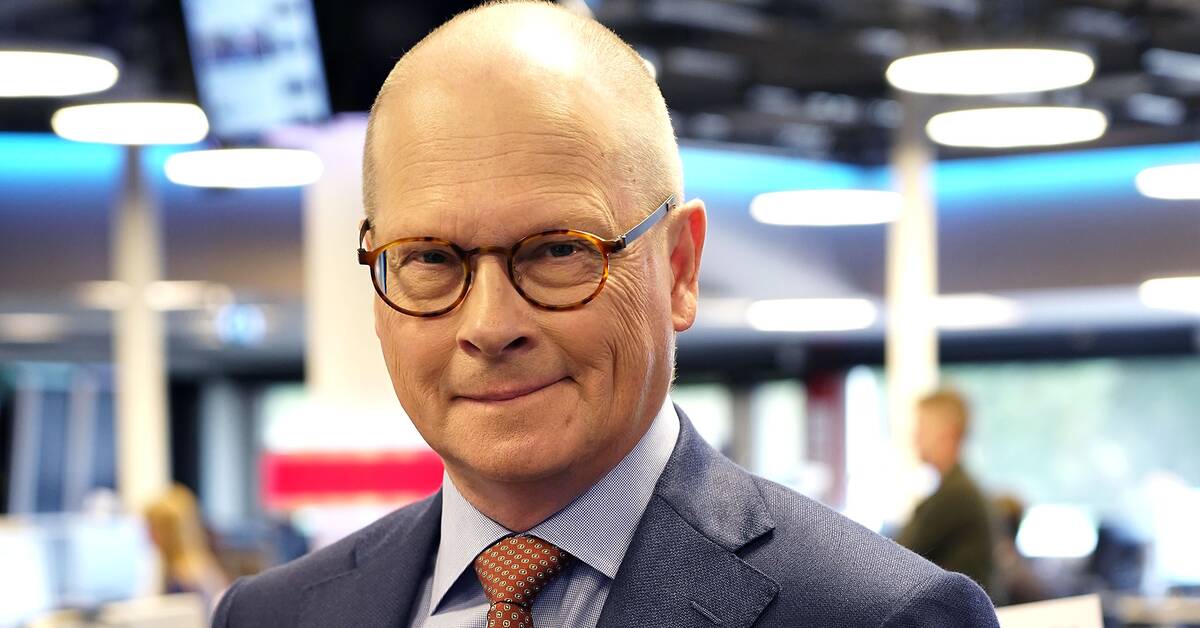After Göran Persson's time as party leader and prime minister, the Social Democrats have had difficulty finding party leaders who have managed to win a wider trust outside their own party leaders as well.
With Magdalena Andersson, however, there may be such conditions.
Since November, when Magdalena Andersson took office as party leader and prime minister, confidence in her has increased from 40 to 53 percent, according to Novus' confidence barometer.
It is a sharp rise, but also a very high confidence figure in itself.
In fact, we have to go back to 2012 to find something similar.
At that time, 55 percent of voters stated that they had confidence in the then Prime Minister Fredrik Reinfeldt (M).
Every third M-voter has confidence in Andersson
The current moderate leader Ulf Kristersson lands in this survey at 33 percent and thus pinches the second place in the confidence league.
As worrying for him as the great distance up to Magdalena Andersson is that every third moderate voter states that they have confidence in Andersson.
Confidence in Magdalena Andersson is also increasing among SD voters.
Another factor that speaks in Andersson's favor is the so-called balance measure, ie if you compare those who claim to have confidence in the party leader with those who state that they do not have confidence.
Magdalena Andersson is the only party leader who has a positive balance measure.
It is now + 28 percent compared to + 13 percent in November last year.
Ulf Kristersson's balance measure is - 14 percent.
Political communication is based on trust.
The higher the confidence, the greater the chances of hearing the message and attracting new voters.
Even if the importance of the party leader is not to be exaggerated, the issue of trust can be of great importance in an election campaign, which appears to be very even.
Building trust outside one's own electorate is a challenge for every politician.
Fredrik Reinfeldt succeeded in this, which was one of the explanations for his and the New Moderates' election successes.
It will be the most difficult challenge
One reason for the high level of trust in Magdalena Andersson is probably that she, with her background as Minister of Finance, is perceived as competent by many voters.
But she has only been prime minister for a few months and has not yet been subjected to any more difficult trials.
Nor has she been forced to compromise on controversial issues.
Not having the Green Party in the government also benefits her here.
But there is still a long way to go before election day and still up to proof.
There are no shortage of challenges.
One such is to get the government's policy through the Riksdag and avoid excessive setbacks.
Not an easy thing considering that the government is historically weak.
Another is to make political proposals that can both win the approval of voters and be perceived as credible.
But perhaps the most difficult challenge will probably still be to present a credible government alternative to the election campaign.
The Social Democrats are far from their own majority and are said to need the support of both the Green Party, the Left Parties and the Center Party in order to be able to govern further after the election.
And such a collaboration will need the same kind of compromise as during Stefan Löfven's seven years in power.
When those questions are raised in the election campaign, the question is what it will mean for voters' confidence in Magdalena Andersson.

